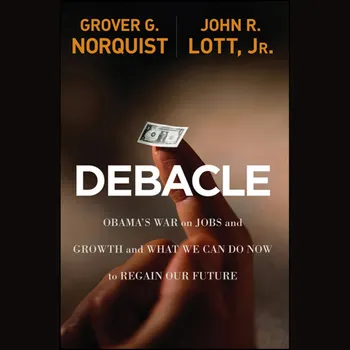During the 2008 presidential campaign, Obama promised time after time "a net spending cut" to make government smaller in order to cut the deficit. But the huge increase in government spending and debt, and the resulting higher future taxes will make America a poorer country. The Congressional Budget Office estimates that the deficits that President Obama proposes for the years from 2011 through 2020 come to a staggering $126,000 per family of four. That is on top of the $35,000 per family already chalked up under the first two years of Obama's administration. But has all the new government been worth it? Are Americans happier because the government has determined where this money should be spent? The answer is clearly no. Obama's economic policies have raised unemployment, slowed economic growth, dramatically raised the national debt, squandered taxpayer money through poor investments, and further damaged the housing market. The economy will eventually grow, though slowly. The No Tax Pledge will explain why Obama's policies on spending, taxes, regulation have all worked to harm the recovery, increased unemployment, and depressed housing prices. This debate is part of a broader debate over Keynesian economics most notably involving Paul Krugman in the New York Times. The authors plan on dissecting these arguments and explaining why Keynesianism represents more a way of transferring wealth to desired political constituencies than it provides a legitimate economic theory for how the economy operates.
Debacle : Obama's War on Jobs and Growth and What We Can Do Now to Regain Our Future
Empieza hoy con este libro por 0 €
- Disfruta de acceso completo a todos los libros de la app durante el periodo de prueba
- Sin compromiso, cancela cuando quieras
Autores/as:
Narrador/a:
Idioma:
Inglés
